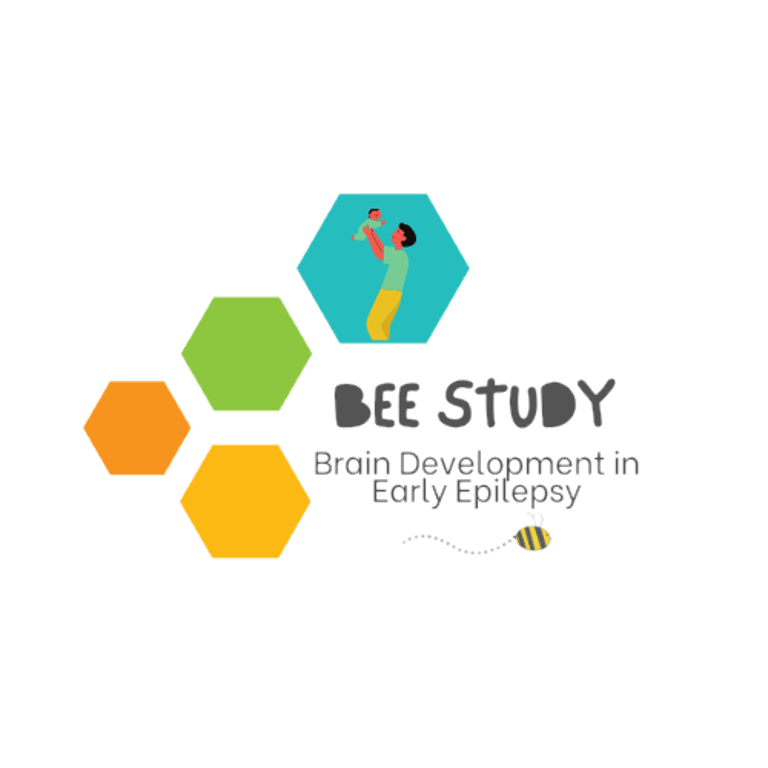Frequently asked questions
Why have I been invited to take part?
You are invited to take part because you have a baby aged between 4 weeks and 10 months old with a definite or suspected diagnosis of infantile spasms and/or focal seizures. You must be at least 16 years old to take part, and able to understand and communicate in English.
If my child has suspected/unconfirmed seizures (focal or infantile spasms), can they still take part in the study?
Yes! Participants with a possible diagnosis will be included in the study until the diangosis is confirmed or refuted.
Do we have to have a home-visit from the research team in order to take part?
Yes, in order to participate we will need to visit you and baby at home at 10 months, 14 months and 24 months old. Using home-based assessments means that families do not have to travel to participate, thus providing a more flexible and accessible approach. We will make it as easy as possible for parents to participate, by ensuring maximal flexibility on when and where we can carry out the assessments in the family home. We can complete some assessments with parents over the phone or provide freepost envelopes for parents to send measures back in the post. We can also offer home visits during weekends and at evenings; assessments may be interrupted to meet the families’ needs; and parents can stop the assessments at any time for any reason.
What is the difference between the BEE Study and BEE-PP project?
The BEE-PP Project a patient and public involvement project which is linked to the main BEE Study. Before we begin the BEE study, we want to hear from parents and carers of young children with early-onset epilepsy to understand what is most important to investigate. In research this is known as Patient and Public Involvement (PPI). PPI is the active collaboration between patients, the public and researchers in the research process to conduct research ‘with’ and ‘by’ those affected by it, rather than using those individuals as subjects.
Does COVID-19 impact the way research will be conducted?
It is likely that we will be living under some Covid-19 restrictions for some time, so researchers will adhere to the following precautions in line with guidelines from the government and King’s College London.
1. Families will be asked to complete a brief Covid-19 screening questionnaire prior to their visit to identify any potential increased risk of exposure to the virus and to ascertain whether it is safe for a home visit to take place.
2. During the testing phase, all research staff and students will undergo bi-weekly lateral flow tests to confirm that they have a negative Covid-19 test result before entering families’ homes.
4. Whilst testing, researchers and participants will be asked to maintain social distancing, where possible and wear personal protective equipment (PPE; face mask, shields and gloves). Good hand and surface hygiene will be practised by the researchers and participants, including regular hand washing/sanitising and using antibacterial wipes to clean any
3. Following the home visit, researchers will rely on the track and trace system to monitor whether participants receive a positive Covid-19 test result up to 14 days after contact. If a participant receives a positive Covid-19 test result, researchers who attended the home visit will immediately isolate for a period of time in line with government guidelines, to prevent the spread of the virus.
Please note: Vulnerable families (defined in line with government guidelines at the time of data collection) will be asked to not host home-visits to minimise their risk of infection. Instead, families will be asked to complete the priority-ordered minimal assessment protocol remotely where possible, such as parent-report questionnaires and interviews conducted via telephone and video call.
